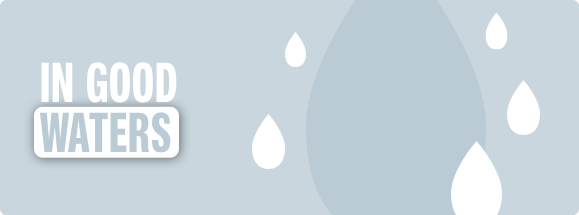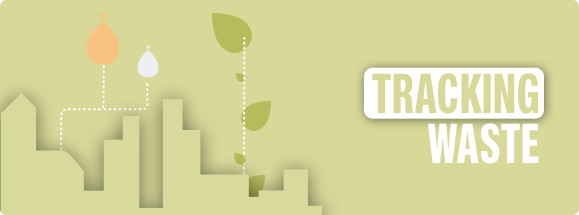Thematic reports
Quality of separate waste collection and drinking water have always been key themes in the activity of the Hera Group, and which is why the Group publishes 2 thematic reports to account for its activities in these areas.
"Tracking waste" and "In good waters" (published starting in 2010 and 2009, respectively) explain with transparency and clarity where separate waste collection goes and why it is more environmentally sustainable and economical to drink tap water than bottled water without reducing the water quality in any way.
Asset Publisher

